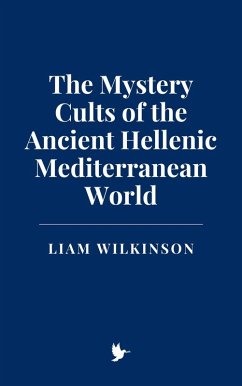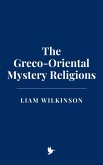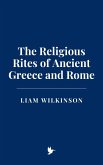Mystery cults emerged during a period when the traditional pantheon of godsepitomized by the Homeric epics and civic cultswas being questioned and redefined. While public religion focused on collective rituals, civic duties, and maintaining the favor of the gods for the prosperity of the polis, mystery cults offered something distinctly different: a deeply personal and transformative religious experience. This divergence raises critical questions about the nature of human spirituality, the relationship between the individual and the divine, and the reasons why secretive, initiatory traditions gained traction within such a rich and well-established religious framework.
The term "mystery cult" is derived from the Greek word mysterion, meaning "secret rite" or "hidden knowledge." The central feature of these cults was the initiation process, which was essential for participation in their sacred rituals. Initiates, known as mystai, swore oaths of secrecy that ensured the sanctity of their experiences. The content of these rituals remains elusive, as initiates were forbidden to reveal the details. However, through archaeological evidence, literary references, and comparative studies of myths and iconography, scholars have pieced together fragments of these ancient practices. For instance, texts such as the "Homeric Hymn to Demeter" and inscriptions from Eleusis provide tantalizing glimpses into the Eleusinian Mysteries, one of the most prominent cults in the Greek world.
Dieser Download kann aus rechtlichen Gründen nur mit Rechnungsadresse in A, B, CY, CZ, D, DK, EW, E, FIN, F, GR, H, IRL, I, LT, L, LR, M, NL, PL, P, R, S, SLO, SK ausgeliefert werden.









